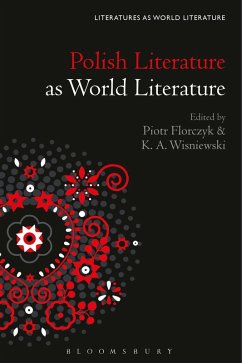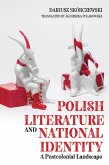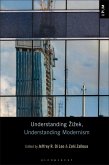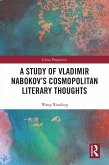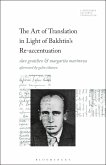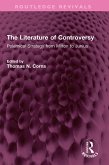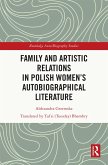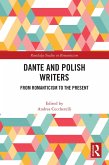This carefully curated collection consists of 16 chapters by leading Polish and world literature scholars from the United States, Canada, Italy, and, of course, Poland. An historical approach gives readers a panoramic view of Polish authors and their explicit or implicit contributions to world literature. Indeed, the volume shows how Polish authors, from Jan Kochanowski in the 16th century to the 2018 Nobel laureate Olga Tokarczuk, have engaged with their foreign counterparts and other traditions, active participants in the global literary network and the conversations of their day.
The volume features views of Polish literature and culture within theories of world literature and literary systems, with a particular attention paid to the resurgence of the idea of the physical book as a cultural artifact. This perspective is especially important since so much of today's global literary output stems from Anglophone perceptions of what constitutes literary quality and tastes. The collection also sheds light on specific issues pertaining to Poland, such as the idea of Polishness, and global phenomena, including social and economic advancement as well as ecological degradation. Some of the authors discussed, like the Romantic poet Adam Mickiewicz or the 1980 Nobel laureate Czeslaw Milosz, were renowned far beyond the borders of their country, while others, like the contemporary travel writer and novelist Andrzej Stasiuk, embrace regionalism, seeing as they do in their immediate surroundings a synecdoche of the world at large. Nevertheless, the picture of Polish literature and Polish authors that emerges from these articles is that of a diverse, cosmopolitan cohort engaged in a mutually rewarding relationship with what the late French critic Pascale Casanova has called "the world republic of letters."
The volume features views of Polish literature and culture within theories of world literature and literary systems, with a particular attention paid to the resurgence of the idea of the physical book as a cultural artifact. This perspective is especially important since so much of today's global literary output stems from Anglophone perceptions of what constitutes literary quality and tastes. The collection also sheds light on specific issues pertaining to Poland, such as the idea of Polishness, and global phenomena, including social and economic advancement as well as ecological degradation. Some of the authors discussed, like the Romantic poet Adam Mickiewicz or the 1980 Nobel laureate Czeslaw Milosz, were renowned far beyond the borders of their country, while others, like the contemporary travel writer and novelist Andrzej Stasiuk, embrace regionalism, seeing as they do in their immediate surroundings a synecdoche of the world at large. Nevertheless, the picture of Polish literature and Polish authors that emerges from these articles is that of a diverse, cosmopolitan cohort engaged in a mutually rewarding relationship with what the late French critic Pascale Casanova has called "the world republic of letters."

